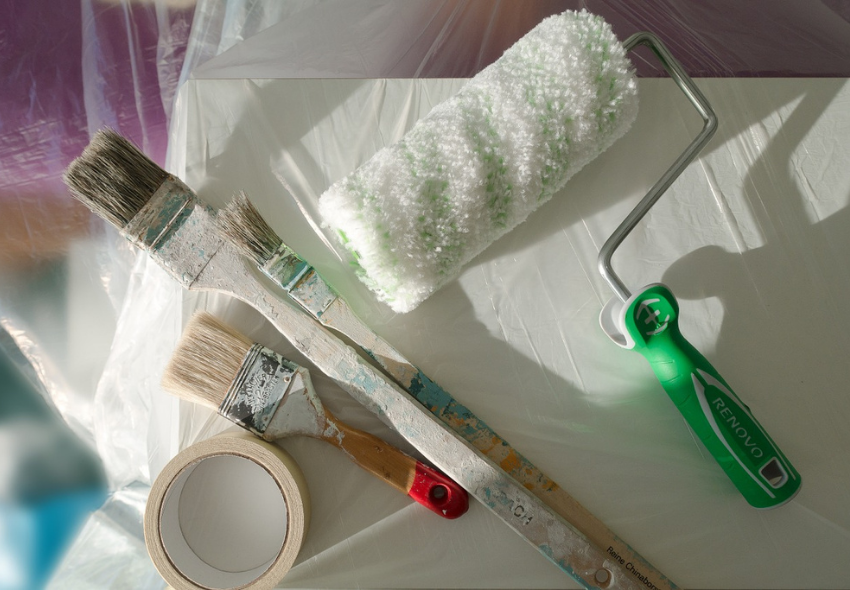Home renovation is a huge task that requires attention and some financial commitment. The goal is to improve your home’s look value, offer comfortable and functional living space, and get the best Return on Investment. But even the smallest mistake can leave you with a burden of financial regret. So, whether you’re considering a quick DIY bathroom improvement or bringing in a team of construction experts to make massive changes to your property, you should consider the following first.
Create a foolproof budget plan
The first thing you want to do is be realistic about how much you can afford to spend on your renovation. According to some experts, you can expect to spend about £1,000-£2,000 per square metre on any home extension project. But this can be less or more, depending on what you’re working on. So, take the time to analyse your budget and figure out how much you can afford.
Determine your financial options
After figuring out your budget, the next thing is to consider how to fund your project if your renovation expenses fall outside what you can afford. Two main options are available to you at this point, and you’ll have to weigh each to decide which one is best. First, you can give yourself enough time to save on your renovation costs. The advantage here is that you wouldn’t rush your project and have enough time to identify any other hidden cost with time. But if time is a luxury you cannot afford, your second option is to look for a home loan or consider some form of financial assistance. This should help if you plan to sell your home immediately after the renovation.
Know your limits
Understandably, you’ll want to cut as much cost as possible when renovating your home. However, a common mistake many homeowners make regarding home renovation is failing to understand what their limits are. While getting DIY tips to handle various home repairs and renovation tasks is possible, leaving some projects to professional hands is important. This way, you can avoid making costly mistakes (that will require you to call in the professionals at the end of the day) and save a lot of time. Professionals can also advise you on relevant regulations and permits you need before you start your project. Additionally, you wouldn’t need to worry about cleaning up after. But should you decide to handle things on your own, you can consider hiring affordable skips for a better waste management solution.
Timing is important
You need to get your timing right, as delays can be infuriating and costly. Also, plan out what projects to start first to avoid complications. For example, should you install your cabinets before changing your floors? Also, would you have to move out of your home until the project is completed? If so, to where, and for how long? Picture every important element to ensure that you get your timing right.














Leave a Reply